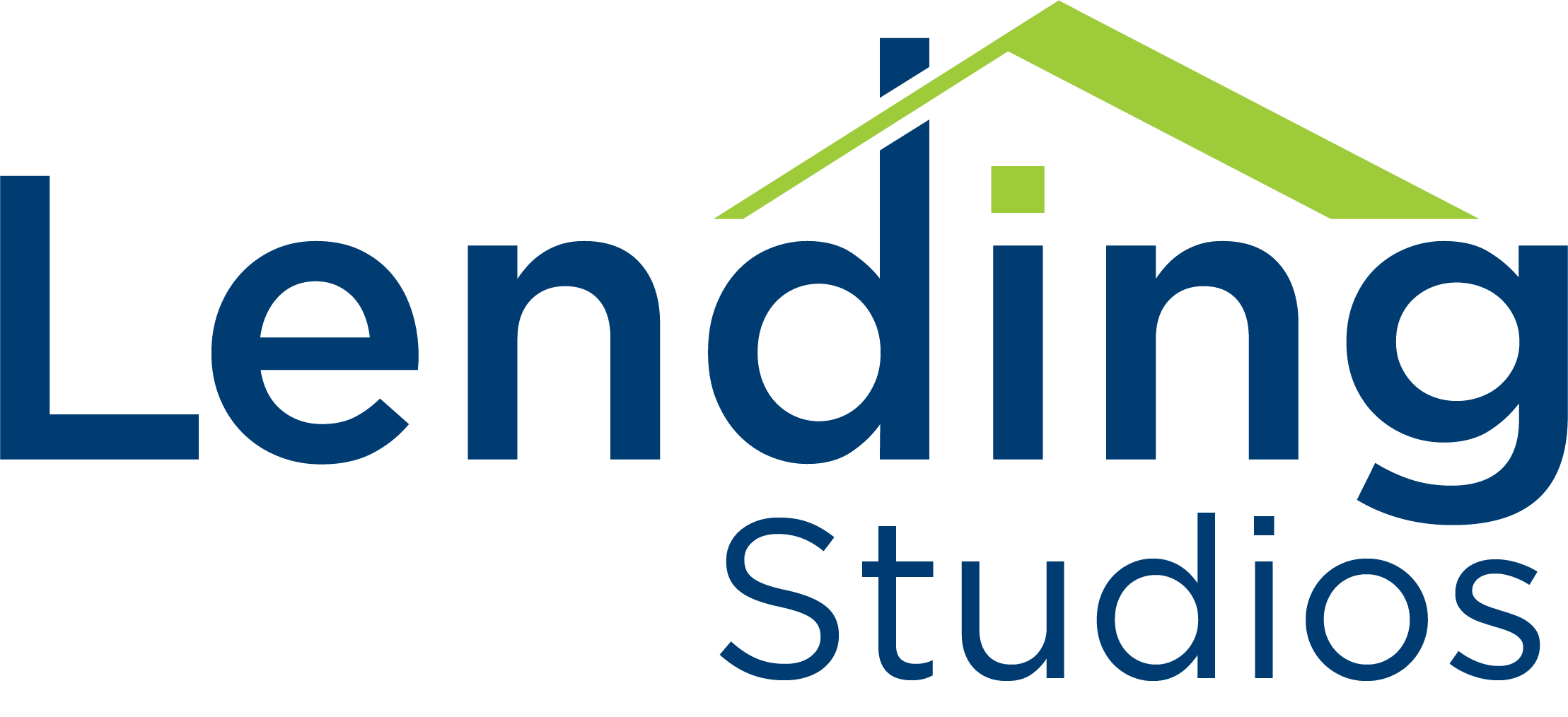How to Start Your Own Business With a Cash Out Refi
The dream of starting a business is as closely tied to the “American Dream,” as it gets. The idea that you could work for yourself, earn your own keep, and redefine the idea of financial independence is a heady concept that enchants many. So many across the nation turn their eyes to the idea of starting their own business, but few do so with any real understanding of how difficult it could be. One of the main obstacles of being a business owner is the extensive financial responsibility that comes with it.
Unlike an employee, you'll be responsible for other people’s salaries. You’ll be responsible for keeping the lights on, paying for marketing efforts, and any potential legal obstacles that might come down the road. That’s a lot of financial stress to put on one person. And without a considerable amount of startup capital to bolster those efforts, the success of your business could be called into question. However, finding the starting capitol you need in order to start building a business and future for yourself is no easy task.
Here at Lending Studios, we think there might be a way to secure that starting capitol to get you put on the right track as you start your journey to becoming a business owner and a greater contributor to your local community. Refinancing your home might be the easiest way to get the right amount of money to start pursuing your dream.
Starting a Business & When You’ll Need Starting Capital
There’s a variety of different ways to start a business. You can decide to quit your day job and jump right in, or you can try to complete the business development steps while keeping your current employment. If you’re hoping to quit your current job and jump right into the process, you’ll need starting capital. However, if you’re willing to wait and go through a couple of basic steps first, you may be able to forestall the need for starting capital a little longer. There’s a couple of business development steps you'll need to do first that you can do entirely free to get started.
Market Research
Before you start a business and potentially take equity out of your home to fund that business, you’ll want to know that there really is a demand for it. Market research will illuminate if there’s really an opportunity in your community for you to turn your idea into a successful business. You’ll be able to determine if there’s a gap in certain services around town, how tough the competition will be, who your competitors will be, and how to set yourself apart from them.If you’re looking for a place to start your market research, Google is a great asset, but be sure to contact your local library too. It’s very likely that they pay an on-staff person to help people with research projects and they’ll have access to paywalled resources that will give you more insight to the kind of environment you’re entering.


Business Plan Creation
Once you’ve completed a fair amount of market research you’ll have enough information to create a basic business plan. This should act as the foundation of your business and should cover a few simple things like how you intend to profit, the structure of your business and any potential for growth you’d like to see in the future. If you’re hoping to secure investing as well as take out a little startup capital with a cash-out refinance, you’ll need a pretty well-crafted business plan to acquire that extra funding.
If you’re hoping to add a loan investment as well as cash-out refinance funds to your overall business startup capital, you’ll need to calculate exactly what your startup capital should be. You may not need to supplement it with an additional business loan and a cash-out refinance on your property might be enough to get you started.
Estimate Your Costs
The U.S small Business Administration estimates that a “microbusiness” boasts around $3000 to get started. A micro business can be loosely defined as a business that is often a sole proprietorship and has no more than two employees. Now, if that’s what you’re looking for, that’s great, but you’ll need to have a certain amount of time set aside for pure runway. You won’t always want to be a micro business and it’s rare that one of those can make much in the way of profit. They certainly won’t be able to replace the job you left, so you’ll need to push to get out of the microbusiness state as soon as possible if you mean to make it a meaningful source of income.
However, if you’re not looking to start small and you want to jump into the small business field as soon as possible, then you’ll need around six months of fixed costs to get started. You’ll need to keep in mind that business expenses will grow along with your business and prepare for that as well. To understand the fixed costs you’ll need to be prepared to pay, you’ll need to categorize your costs into two sections: one-time and ongoing costs. One-time costs will hit at the beginning of the startup process. These costs will be things like securing your brick and mortar to house your business, furnishing it, incorporating your business, and building a website that you can use to market yourself. These costs should be budgeted in your startup capital first. You likely won’t make any real profits for the first couple of months that you’re open as you'll be making up for all of the startup capital that you spent on startup expenses.
Ongoing expenses should be accounted for in your business plan, rather than in your startup costs. Rent, marketing, salaries for employees, and keeping the lights on should be cash set aside right out of the profits of the business.
In other words, whatever money you get will need to pay for a certain amount of the startup costs for you to be successful. If you’re determining if a cash-out refinance is the right way for you to go, you’ll need to calculate how much you’ll need to start the business and then how much you could feasibly take out of your home’s equity.


Basic Startup Costs to Account For
Building a website
Rental space
Business furnishings
Initial hiring and labor
Basic supplies
Specialized equipment
Startup advertisements and marketing
Permits, licenses and insurance fees
You should be able to find cost ranges for each of those main charges that you’ll need just to get started and thus form a budget about what figure your startup capital needs to be in order to succeed.
Cash-Out Refinancing or a Business Loan
If you’re leaning away from a cash-out refinance to fund your business startup costs, you should reconsider. Loans from a bank to startup a business have much higher interest rates than the average refinanced loan. In the same way that many pursue a refinance for a lower interest rate to consolidate their debt, you should weigh those options before you get into any new debt as well.
A cash-out refinance can be a very affordable way to fund a startup business. You may be able to refinance for a lower rate than your current mortgage, saving money in the long run on your home and saving money on how much your total startups will cost.

Start Your Business Now With a Cash-Out Refinance
Secure the funds you need at a friendly interest rate. Explore cash-out refinance options through Lending Studios. We’re happy to help you discover just how much you’ll be able to access through a cash-out refinance and help you determine whether this avenue is the best way to begin your small business journey. Schedule a consultation with us today to get started.
Mortgage Calculators
Quickly predict your monthly mortgage payment and interest with this customizable tool!
Mortgage Resources
Leverage the tools you need to find a borrowing solution that fits your particular needs and budget.
Mortgage FAQs
Get answers to the most commonly asked mortgage questions.




